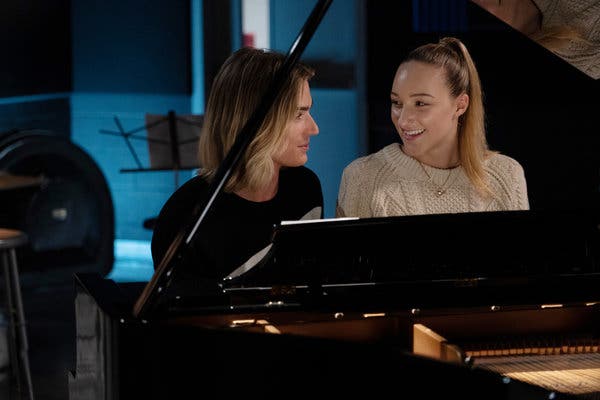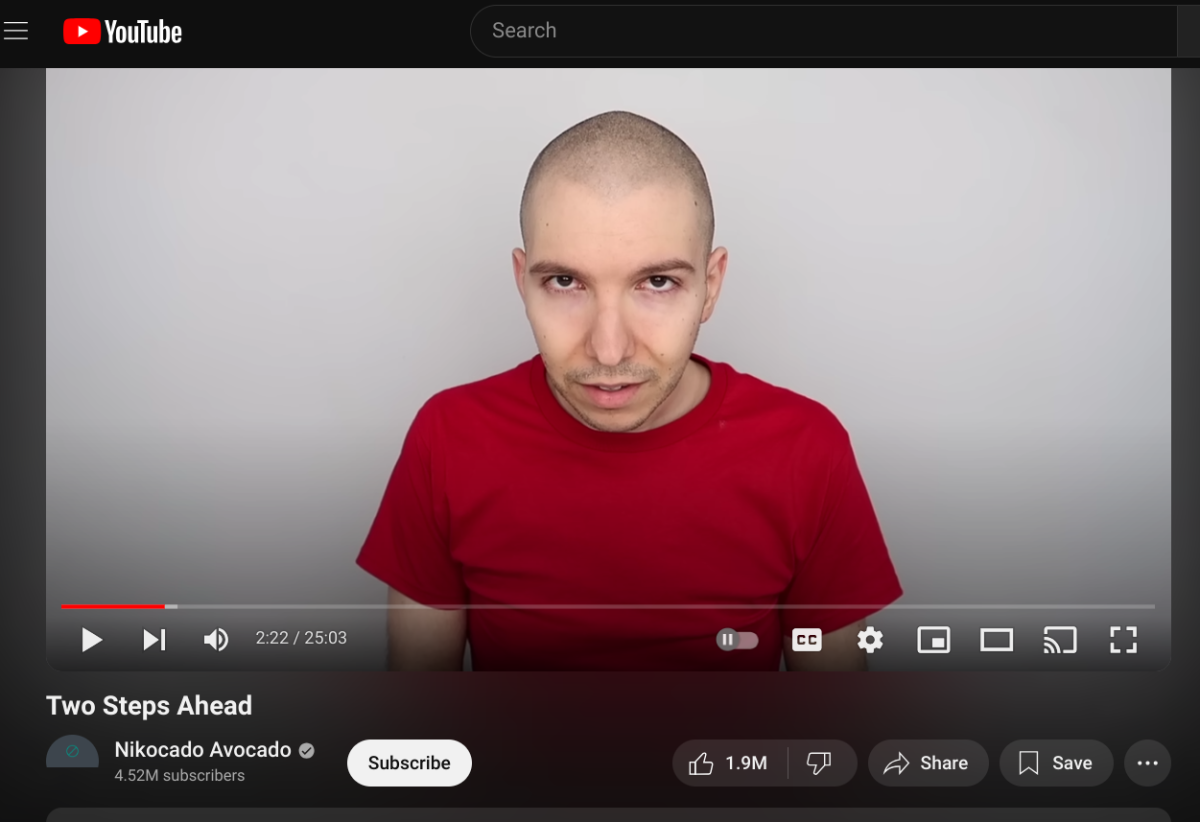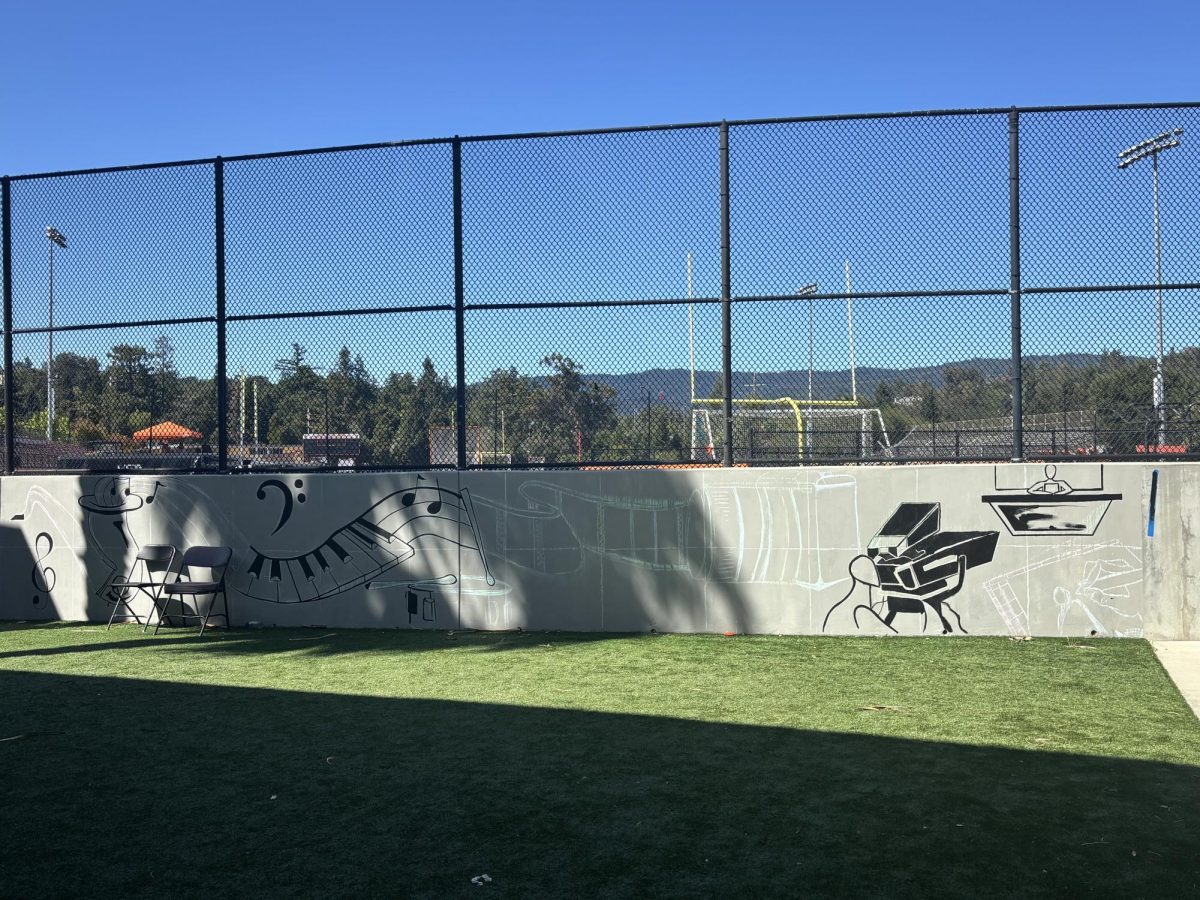
“You think your life is hard? I’m a junior wearing size 13 Nikes. Men’s size 13 Nikes. Beat that.”
This is a line from Netflix’s latest original rom-com Tall Girl, which focuses on the story of a 6’1” high school junior named Jodi Kreyman who struggles to fit in with her classmates due to her height. Although the film intends to raise awareness for the negative impacts of bullying and promotes self-love, it is difficult to overlook the story’s blatant ignorance.
Though Tall Girl admirably centers around the harmful effects of bullying, Netflix depicts Jodi — a white, educated, wealthy, pretty, skinny, straight, cisgender girl — as a minority. Although the movie brings attention to bullying in schools, Netflix makes an audience feel sympathetic for a girl who doesn’t recognize her own privilege.
“What adversity did you face, exactly?” Jodi sarcastically asks her mother when her parents are discussing her unusual height. With this painfully ignorant question, it’s important to make the distinction between hardship and adversity.
Jodi will never be told to “go back to her country.” She won’t lose her job because of who she loves. She isn’t 1.4 times more likely to be killed by police. She doesn’t have to worry about having food on the table, or having clothes to wear, or where she’s going to sleep, or how she’s going to get to school every morning.
The issue with Tall Girl isn’t Jodi’s character — it’s Jodi’s lack of acknowledgement for the things in her life that she takes for granted.
As someone who was one of the shortest people in elementary and middle school, I understand how it feels to be bullied because of height. I understand how Jodi feels like an outsider. Bullying is an important issue in many — if not all — schools that needs to be addressed, but the dozens of insults that Jodi receive everyday (“Sasquatch,” “daddy long legs,” “giraffe,” “how’s the weather up there?”) are so ridiculously unrealistic that they actually diminish the effects of bullying. If anything, Tall Girl makes fun of making fun.
Though the film focuses primarily on Jodi’s struggle with self-image in order to highlight how important acceptance is, it ironically lacks inclusivity and diversity.
“You’re the tall girl,” Kimmy Stitcher, Jodi’s nemesis, taunts her over the phone. “You’ll never be the pretty girl.”
Maybe Jodi doesn’t feel pretty, but it’s hard to miss how she perfectly fits the media’s standards of beauty: white, blonde, blue-eyed, and skinny. She’s beautiful, and her only “flaw” is the fact that she’s 6’1” (which, by the way, is almost the average height of a female model).
The movie attempts to promote how “you should accept who you are, because everyone is beautiful,” but it’s difficult to embrace this message when the movie revolves around the acceptance of a character from an already widely-represented demographic.
Tall Girl tastelessly ignores realistic struggles for the sake of a mediocre love triangle. Ultimately, an unimaginative concept resulted in a lackluster film, and one simple but glaringly ignorant line sums up everything wrong with Tall Girl: “You think your life is hard?”
Despite an attempt to spread an admirable message, Tall Girl wholly ignores the struggles of students of color. It’s 2019. Let’s tell the stories of people who need to have their voice heard. Maybe cheesy rom-coms get views, but Netflix, with over 139 million subscribers as of January 2019, has the opportunity to do so much more with their platform.
I expect more of Netflix, and you should too.












